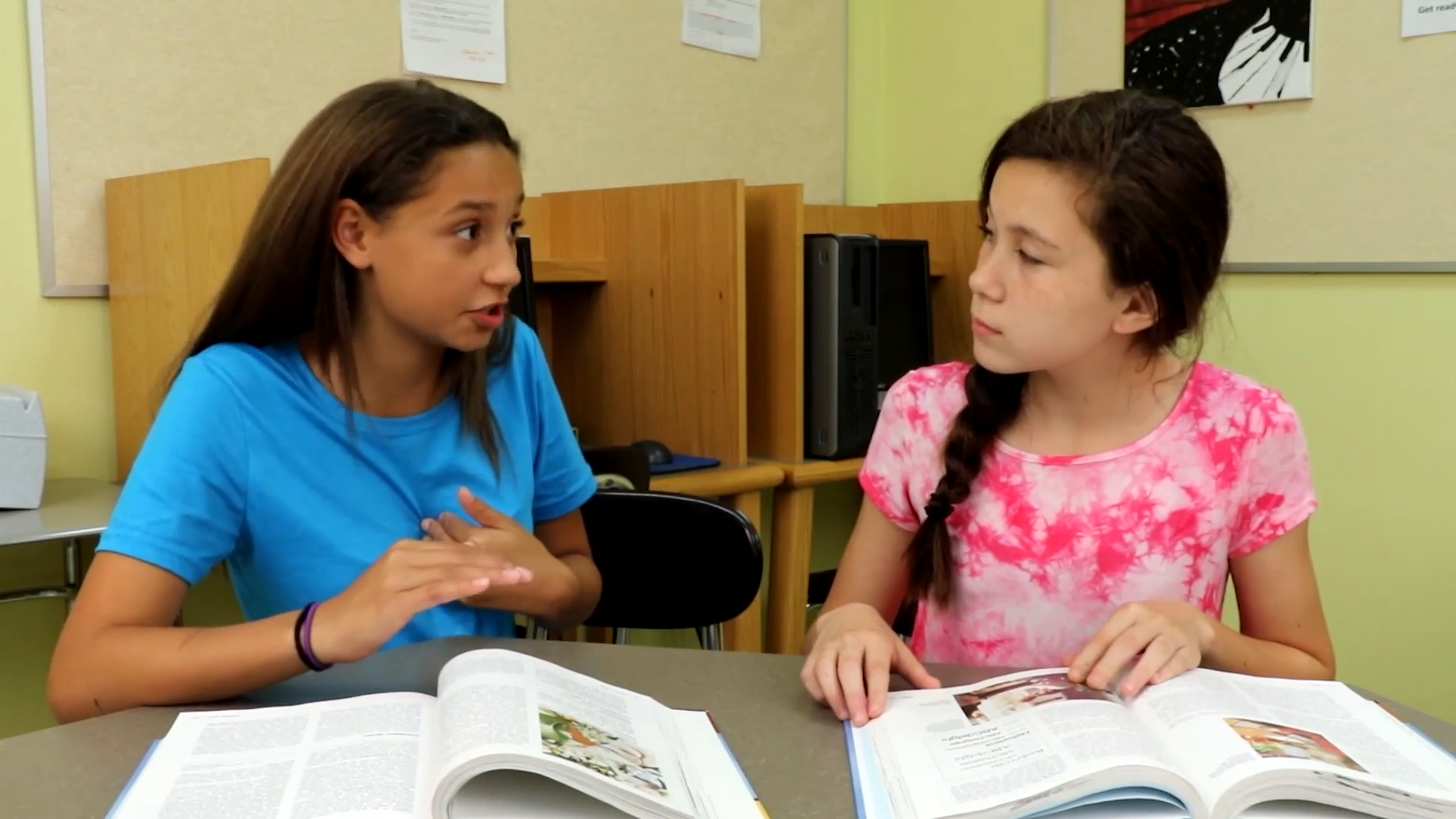Introduction
As educators, one of our goals is to help students develop essential social skills that will enable them to navigate their social environment. An important aspect of this is teaching students the importance of thinking before speaking. This skill helps students understand the impact of their words on others and encourages them to be more considerate and empathetic. In this blog post, we will discuss a no-prep activity, discussion questions, and other related skills that can help students practice thinking before speaking, especially in special education settings.
No-Prep Activity
This activity requires no preparation or materials from the educator. It’s called “Pause and Reflect.” The objective of the activity is to help students learn to pause and consider their thoughts before speaking them out loud. Here’s how it works:
- Split the students into pairs or small groups.
- Provide each pair or group with a scenario that might elicit a strong opinion or reaction. For example, one student shares exciting news about an upcoming event they are attending.
- Ask the students to imagine themselves in the scenario and think about their initial reaction to the news. Encourage them to consider whether their thoughts might be hurtful or inappropriate.
- Before the students share their thoughts with their partner or group, have them pause and reflect on whether their words could hurt someone’s feelings. If they think their words might be hurtful, encourage them to rephrase or keep the thought to themselves.
- After the activity, discuss as a class the importance of thinking before speaking and the impact it can have on others.
Discussion Questions
Use these questions to stimulate further discussions and help students understand the importance of thinking before speaking:
- Why is it important to think before we speak? How can our words impact others’ feelings?
- Can you think of a time when you said something without thinking, and it hurt someone’s feelings? How did it make you feel?
- What strategies can we use to help us pause and reflect before speaking our thoughts out loud?
- How can we support our friends when they share their thoughts and opinions, even if we don’t agree with them?
- Why is empathy important in social interactions, and how can thinking before speaking help us develop empathy?
Related Skills
There are several other skills that are closely related to thinking before speaking, which can further enhance students’ social-emotional development. Some of these skills include:
- Active listening: Encouraging students to listen attentively to others and respond thoughtfully can help them develop empathy and better understand the perspectives of their peers.
- Emotion regulation: Teaching students to recognize and manage their emotions can help them respond more appropriately in social situations.
- Conflict resolution: Helping students learn how to resolve disagreements and conflicts in a respectful and constructive manner can contribute to healthier relationships and a more positive social environment.
- Assertiveness: Encouraging students to express their thoughts and feelings confidently and respectfully can help them navigate social situations more effectively.
Next Steps
By incorporating the principles of Social-Emotional Learning, we can help students develop the essential skill of thinking before speaking, which can lead to more positive social interactions and better relationships with their peers. To further support your students’ social-emotional development, sign up for free samples of various skills and activities at Everyday Speech. These resources can provide valuable tools and strategies to help your students grow and thrive in their social environments.






